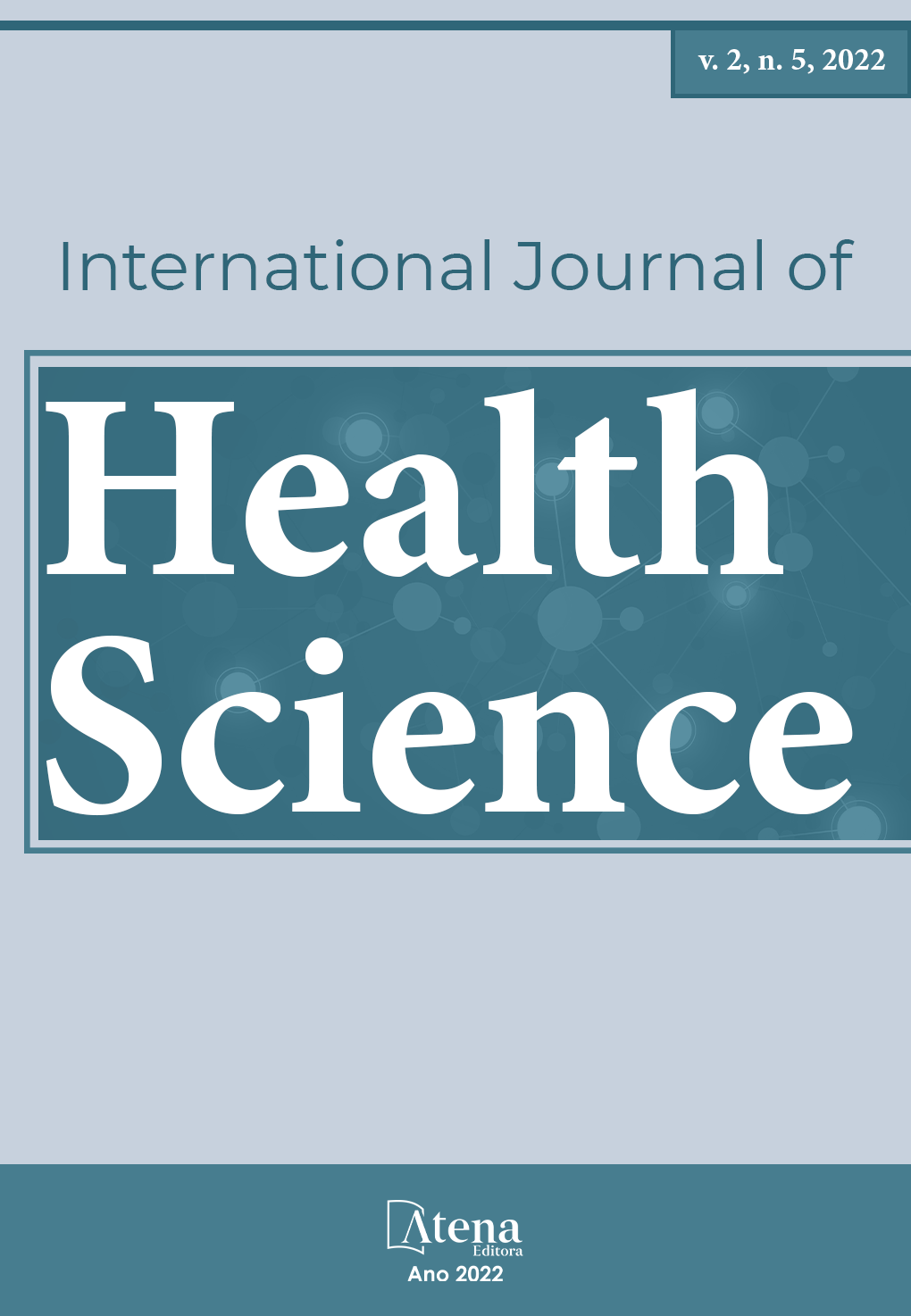
BILATERAL AUTOGENOUS DENTAL TRANSPLANTATION IN A YOUNG PATIENT FOLLOWED FOR 9 YEARS
Dental self-transplantation is an efficient surgical maneuver to rehabilitate and consequently provide oral function through the implementation of an autogenous tooth in an alveolus due to the absence or loss of a tooth. And because they are young patients with tooth loss, there is a limitation of rehabilitation treatments, taking into account that currently the integrated osseous implants are presented as the gold standard in the replacement of lost teeth and that it is contraindicated for young patients.
In order to carry out this treatment, there are several indications as well as their contraindications. Its values fall on the fact that it is the most biocompatible material possible, economic advantages, surgical time, quick recovery and not only in this case to be presented as in literature reviews, its success rates are considered high, above 90%.
However, the present work aims to demonstrate and prove the successes and benefits of a bilateral autogenous dental transplant from tooth 48 to the alveolus of tooth 46 and from tooth 38 to the alveolus of tooth 36. But, clarifying, verifying and applying elements from a theory to dental practice in a way that proves the excellence and effectiveness of an autogenous transplant in the functional and aesthetic scope. Since the anamnesis, pre-surgical exams, transplant biology, surgical technique, the patient's systemic condition, surgical care, patient age, stage of root development and tooth eruption, among others, are crucial and relevant factors for success. of this clinical case.
BILATERAL AUTOGENOUS DENTAL TRANSPLANTATION IN A YOUNG PATIENT FOLLOWED FOR 9 YEARS
-
DOI: 10.22533/at.ed.159252204021
-
Palavras-chave: Autogenous tooth transplantation, dental autotransplantation, dental transplantation.
-
Keywords: Autogenous tooth transplantation, dental autotransplantation, dental transplantation.
-
Abstract:
Dental self-transplantation is an efficient surgical maneuver to rehabilitate and consequently provide oral function through the implementation of an autogenous tooth in an alveolus due to the absence or loss of a tooth. And because they are young patients with tooth loss, there is a limitation of rehabilitation treatments, taking into account that currently the integrated osseous implants are presented as the gold standard in the replacement of lost teeth and that it is contraindicated for young patients.
In order to carry out this treatment, there are several indications as well as their contraindications. Its values fall on the fact that it is the most biocompatible material possible, economic advantages, surgical time, quick recovery and not only in this case to be presented as in literature reviews, its success rates are considered high, above 90%.
However, the present work aims to demonstrate and prove the successes and benefits of a bilateral autogenous dental transplant from tooth 48 to the alveolus of tooth 46 and from tooth 38 to the alveolus of tooth 36. But, clarifying, verifying and applying elements from a theory to dental practice in a way that proves the excellence and effectiveness of an autogenous transplant in the functional and aesthetic scope. Since the anamnesis, pre-surgical exams, transplant biology, surgical technique, the patient's systemic condition, surgical care, patient age, stage of root development and tooth eruption, among others, are crucial and relevant factors for success. of this clinical case.
-
Número de páginas: 19
- MATEUS VEPPO DOS SANTOS
- MARCELLA AGUIAR TEIXEIRA
- JEAN VITOR ELIAZÁRIO CAMARGOS
- JOSÉ RICARDO MARIANO


